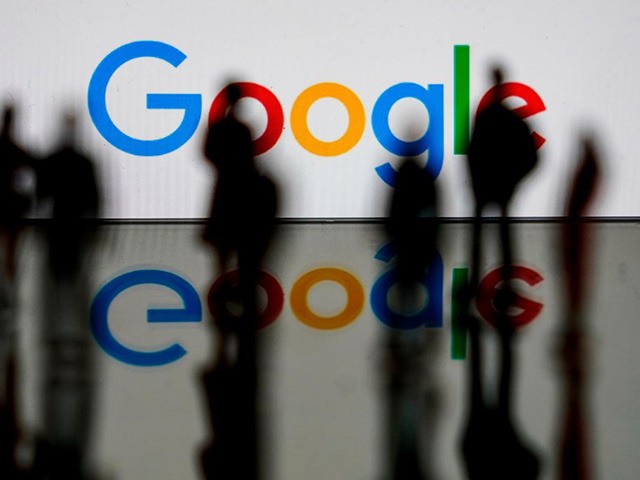The Internet Accountability Project (IAP) filed an amicus curiae brief with the Supreme Court on Tuesday for the Oracle v. Google case, contending that Google illegally copied thousands of Oracle’s Java copyrighted code. IAP senior fellow Rachel Bovard told Breitbart News that this instance serves as a “poster child” for Google’s anticompetitive practices.
Oracle filed a brief with the Supreme Court last week, contending that Google stole thousands of lines of copyrighted code and diminished Oracle’s chances of competing in the smartphone marketplace. The brief asked the nation’s highest court to preserve an appellate court ruling that found that Google had infringed on Oracle’s copyrighted Java application program interface (API) copyrighted material to build Google’s Android smartphone operating system.
Oracle wrote in its brief that Google “committed an egregious act of plagiarism and now needs to rewrite copyright law to justify it.” Oracle said that Google had illegally copied 11,330 lines of copyrighted code, which led to Google’s Android becoming a dominant smartphone operating system.
Dorian Daley, the Oracle general counsel, said in a statement, “While Google would prefer to live in a world unencumbered by intellectual property rights, in the real world, copyrights are an essential protection and incentive for innovation.” Daley called Google’s actions an “egregious act of plagiarism.”
Bovard told Breitbart News in an interview Monday that Google’s alleged theft of copyrighted Java source code serves as another instance of Google’s anticompetitive behavior.
“This is not a unique issue, and that’s why it’s so important to pay attention to because this is a pattern of behavior for Google. It’s not only what they’ve done for Oracle and others, and the only difference right now is that Oracle has the resources to fight back,” Bovard said.
Bovard cited another instance of Google’s anticompetitive behavior; speaker company Sonos sued Google, believing that the search giant had stolen its smart speaker technology to make its own Google-branded speaker system.
Bovard noted that Google initially opted to attempt to license Oracle’s Java API, but then relented after Oracle’s compatibility requirements conflicted with what the search giant wanted to do with Android.
“The most damning thing with Google is that they recognize that this wasn’t fair use. They were trying to license this from Oracle because they knew it wasn’t fair use; it had a commercial value,” she said.
Lyrics media website Genius also accused Google of stealing its content.
“Sonos is suing Google for a similar issue, and if not Google, big tech has this problem. … It’s also Amazon and others that follow Google’s pattern, and the Google Oracle lawsuit is the poster child for it. But Google certainly is not unique,” she added.
The IAP brief noted that Google’s solution for its use of copyrighted Java code would “radically” expand the scope of the “fair use” doctrine. The fair use doctrine allows businesses to use copyrighted material under limited circumstances. IAP noted that this expansion would “deter” investments from new firms that would want to build their own APIs, as other firms could then use their code under the expanded fair use doctrine. The conservative tech group noted that Microsoft and Apple designed their own APIs instead of licensing the Oracle platform.
“Thus, Apple and Microsoft would be competitively disadvantaged by their decision to innovate rather than imitate — precisely the opposite incentive that copyright law is designed to protect,” the IAP brief noted.
Bovard said that if the Supreme Court would rule in favor of Oracle, it would improve competition in the technology markets.
Bovard said that Google steals other businesses’ ideas and “then they go out of business. This is not what a free market looks like. That’s why this is so important to talk about it. If they’re [Google] slapped on the wrist in this case, then we’ll actually be able to see more of a market emerge in tech. It’s going to be a big deal whichever way it goes,” Bovard said.
Sean Moran is a congressional reporter for Breitbart News. Follow him on Twitter @SeanMoran3.

COMMENTS
Please let us know if you're having issues with commenting.